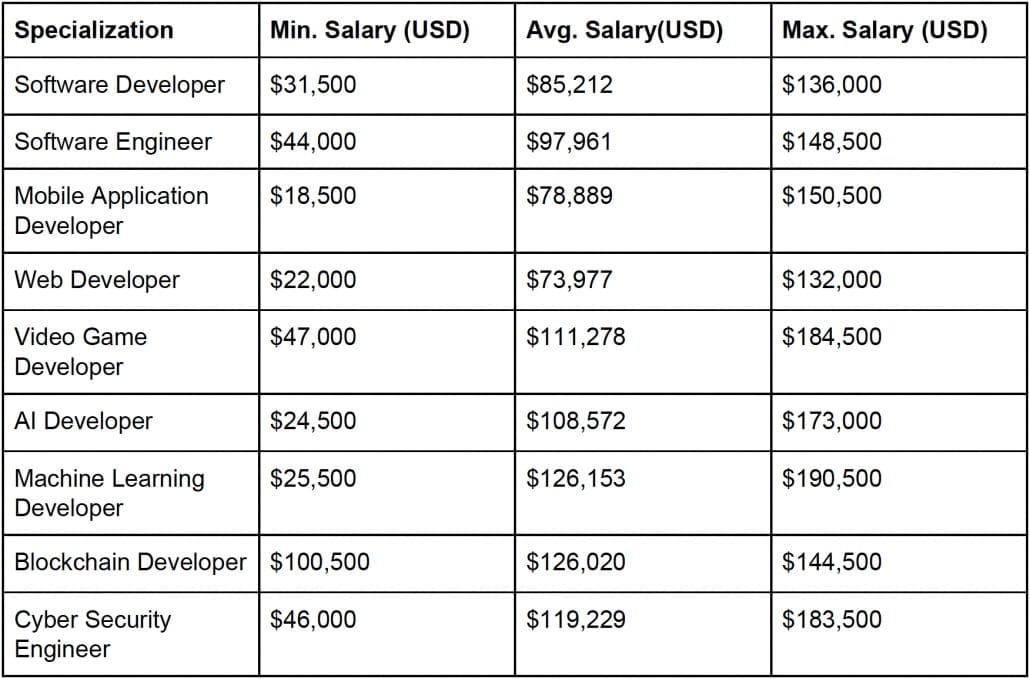Why You Need to Boost Productivity in Your Office

On these occasions, finding ways to boost productivity might not seem like a priority. But it’s usually one of the very best things that you do. Believe it or not, increasing your own productivity, as well as the productivity of your team on the whole, using an online data room and other tools, can help you to deal with all of those other issues, and simplify your days. Let’s take a look at just some of the reasons why you should commit to boosting productivity.
To Get More Done in Less Time
Getting more done in less time is something that many of us dream about. It would both give us more free time, letting us take more time off to do the things that we love, and allow us to spend our time on more creative enterprises and finding ways to improve and grow our business. If you had to spend less time on menial tasks, you would be free to spend more time doing the things that you enjoy, or more creative pursuits that only you can do.
Being more productive is the answer. If your whole office were more productive, everyone would get more done, with less time wasted and spent unfocused. Everyone could work shorter days, take longer breaks and spend more time doing the things that push your business forward. Get more done in less time, and you’ll also have the chance to earn more money.
To Keep Your Staff Happy
Staff morale and productivity go hand in hand. If morale is low, and your staff are unhappy, they won’t be able to work productively. They’ll be unfocused, they’ll waste time and procrastinate, and their work will be poor. Each task will take longer than it should.
But, equally, a team that works productively will be happier. If they’ve got more time, and they feel as though they are working well, getting a lot done and making the most of their time, their mood will be improved. This can rub off on the rest of the team.
Working more productively can also mean that fewer mistakes are made, which again, will increase productivity further as less time is spent redoing things and correcting errors.
A productive team that is happy, motivated and focused will make fewer mistakes. They won’t be flustered or confused. They’ll feel positive and confident. They won’t doubt themselves, and they’ll be happy to ask for help or guidance if they need it.
To Streamline Processes
These are another two that work hand in hand. If your office systems are streamlined and easy, your staff will be able to follow them easily, making fewer mistakes and working well. Thus, boosting productivity.
But, a productive office that makes fewer mistakes and is less flustered will be able to streamline their own work. They’ll be able to find better ways to do things, to cut unnecessary tasks and to find their own ways to work, which suit their style. Give your staff the freedom to work their way and productivity will be boosted.
To Improve Quality
A productive workforce that makes fewer mistakes and is confident in their own abilities will do quality work. The standard of work will improve, and your customers will be able to tell the difference.
So, we can see that boosting productivity is a must, but how are you going to do it? Well, a few techniques that you could try include letting your staff take regular breaks and allowing them to work more flexible hours. Keeping your workspace bright and open and operating an open door policy. Being an understanding boss, who your staff are happy to come to and confide in, will also be a big help. Other things that you could do include removing negativity from the office, increasing natural light, adding plants and other colors and simplifying systems, so that peoples jobs are as easy as possible. Really, you need to try things out, to see what productivity-boosting ideas work best for your company and your team.



 These days, it’s hard to keep a good employee in your ranks. Messages across the web tell young workers that the only way to get ahead is to hop positions frequently, even as much as once per year. In the modern job market, frequent relocations seems to be how employees get the titles, responsibilities and perks they crave.
These days, it’s hard to keep a good employee in your ranks. Messages across the web tell young workers that the only way to get ahead is to hop positions frequently, even as much as once per year. In the modern job market, frequent relocations seems to be how employees get the titles, responsibilities and perks they crave. Office Politics
Office Politics


